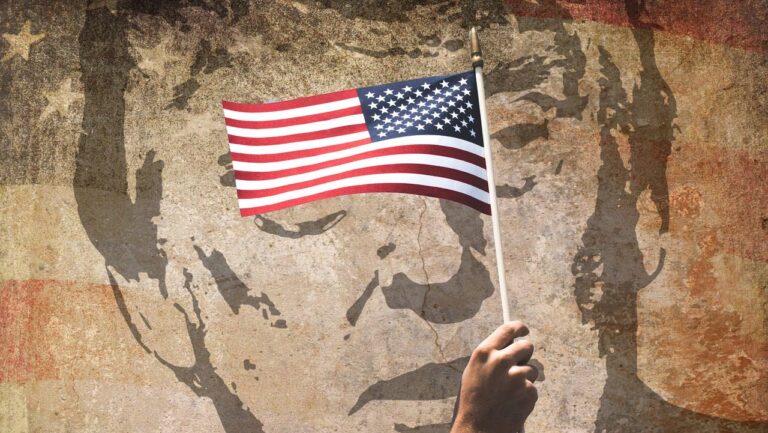In a move to strengthen local representation in advertising, Nigeria just announced the world’s first official ban on the employment of foreign models and voice-over artists in advertising. The directive, active from October 1st, was issued by the Advertising Regulatory Council of Nigeria (ARCON) and reflects the rise in national identity that took place in Nigeria over the past decade. The decision is aimed at strengthening local representation in Nigerian media, which up until recently had been dominated by white models and British accents.
Ban on the use of Foreign Models and Voice-Over Artists on the Nigerian Advertising Medium/Media pic.twitter.com/5pICTqOUt1
— Fed Min of Info & Cu (@FMICNigeria) August 23, 2022
“Britons accounted for about half of models and voiceover artists in Nigerian commercials a couple of decades ago,” said Steve Babaeko, President of the Association of Advertising Agencies of Nigeria in an interview with The Times. But with national sentiments on the rise, Babaeko noticed a “new sense of pride emerging” among the younger generation, a fact he described as “some kind of renaissance in Nigeria.”
“People will tell you, ‘There are about 200 million of us. Are you telling me you could not find indigenous models for this commercial?’,” Babaeko explained. Already prior to the ban, Nigerian advertising agencies had to pay fees for employing foreign models in their advertising campaigns. In certain ad campaigns, sometimes filmed on locations in South Africa or Kenya instead of Nigeria, would fly foreign models to shoots. Outside Nigeria, models and locations had received preferential treatment in Nigerian advertising, and had taken a significant amount of money outside the country.
Even though most media and Twitter interpreted the move as a specific ban on white models, the directive is aimed not only against the overrepresentation of white models in Nigerian advertising but also at foreign African models. The aim of ARCON’s directive is to be “in line with the Federal Government’s policy of developing local talent, inclusive economic growth, and the need to take necessary steps and actions aimed at growing the Nigerian advertising industry.” Theoretically, therefore, white minorities born in Nigeria may still be part of Nigeria’s “local talent” pool, even though it may be rather unlikely in practice.
Nigeria has banned white people from their TV adverts & programmes.. Catch up Nigeria, the UK did this 2 years ago!!
— ׺°”˜`”°º× N𝕠σ𝓝𝕠𝓸 ׺°”˜`”°º× (@LadyNoo22) August 27, 2022
The first campaign to adhere to the new rule preemptively is Guinness’s “Black Shines Brightest” ad campaign, which was filmed in Lagos with indigenous actors. The fact that most Western news outlets, including The Times, have described the ban as specific to “white models,” compared to the Economic Times of India, which correctly described the policy as a ban on “foreign models,” goes to show how prevalent race-baiting is in contemporary Western media. At least on the surface, this directive is not racially motivated but is rather an expression of protectionism.





